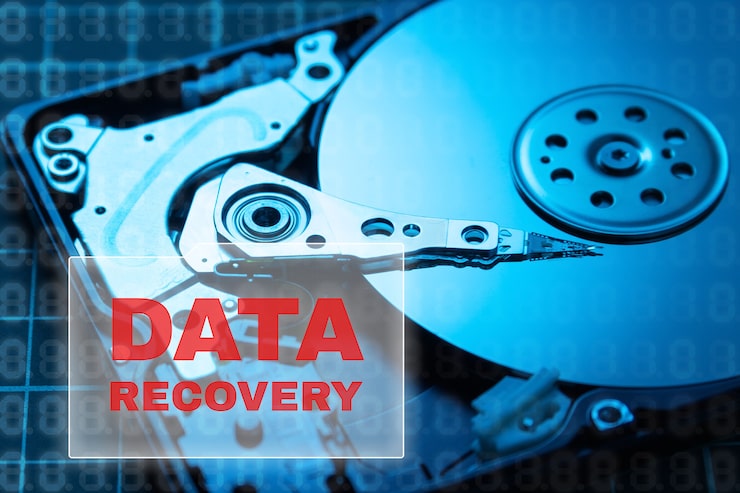Losing valuable data can feel like losing a part of your life. Whether it’s crucial work documents, irreplaceable photos, or client records, data loss is stressful and disruptive. A professional data recovery service offers a lifeline, helping people and businesses retrieve files that seemed gone forever.
Why Data Recovery Has Become Crucial
We depend heavily on digital storage. Businesses store customer details and financial records digitally, while individuals store personal files and media. Unfortunately, hard drives crash, SSDs fail, and smartphones break. Without professional help, recovering data from such failures can be nearly impossible. Experts use specialized technology and labs to handle both logical and physical damage effectively.
Supported Devices for Recovery
Recovery companies work with a wide variety of devices, including:
- Hard drives (HDD)
- Solid state drives (SSD)
- External USB drives
- Flash drives and memory cards
- Smartphones and tablets
- RAID systems and servers
This ensures that no matter where your data is stored, recovery specialists have the right tools to help.
Step-by-Step Recovery Process
Professional providers use a transparent process that often includes:
- Initial Diagnosis – Identifying the failure type.
- Cost Estimate – Providing upfront pricing with no surprises.
- In-Lab Recovery – Specialists handle the repair in secure facilities.
- Data Verification – Customers preview recovered files.
- Final Delivery – Data is safely returned on a new device.
This customer-focused approach ensures successful results and client satisfaction.
How Much Does Data Recovery Cost?
Costs vary depending on the problem. A formatted memory card is easier to recover than a physically damaged hard drive. Factors that impact cost include:
- Storage device type and size
- Nature of damage (logical vs. physical)
- Service speed required
- Need for replacement parts
While some services may be more expensive, clients benefit from clear flat-rate pricing and only pay if recovery is successful.
The Importance of Data Security
Trust is essential when handling sensitive files. Reputable companies prioritize secure data recovery services by using confidentiality agreements, advanced security practices, and erasing recovered files after delivery. This guarantees that your personal or business information remains private.
Choosing a Reliable Recovery Provider
A strong track record is critical when selecting a service provider. Certified engineers, proven methods, and cleanroom environments increase the chances of success. Reliable companies stand out by being transparent, honest, and responsive.
Top Reasons for Data Loss
Some of the most common causes include:
- Wear and tear on hard drives
- Human error like accidental deletion
- Software corruption
- Malware and ransomware attacks
- Physical damage from fire, water, or accidents
Understanding these causes helps reduce the risk in the future.
Preventing Future Issues
Simple precautions can save significant stress. Regularly backing up files, using antivirus software, and storing devices safely are effective preventive measures. Cloud backups provide an additional layer of protection, ensuring your files remain accessible even if local devices fail.
Conclusion
Data loss may feel devastating, but recovery is possible with the right experts. A professional data recovery service helps individuals and businesses restore lost files securely and efficiently. By choosing providers that focus on transparency, confidentiality, and success, you can rest assured your information is in good hands. Prevention and preparedness remain key, but knowing recovery experts are available provides confidence in uncertain situations.





Comments